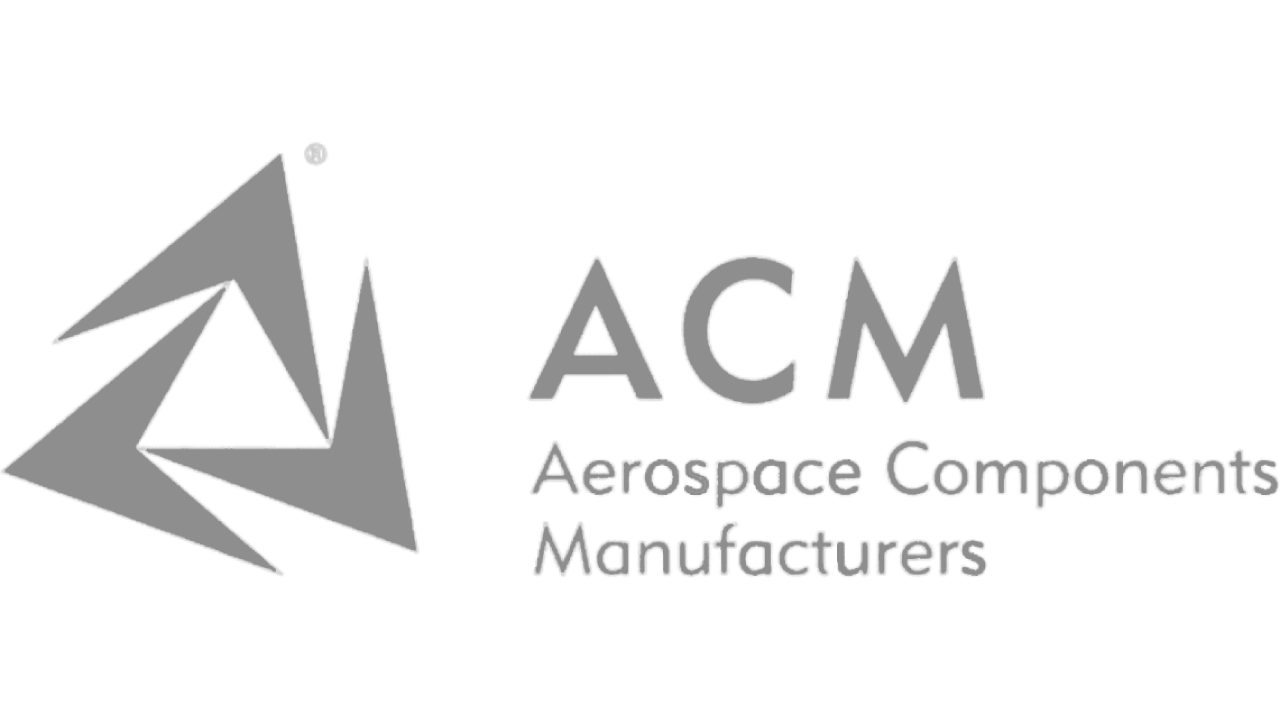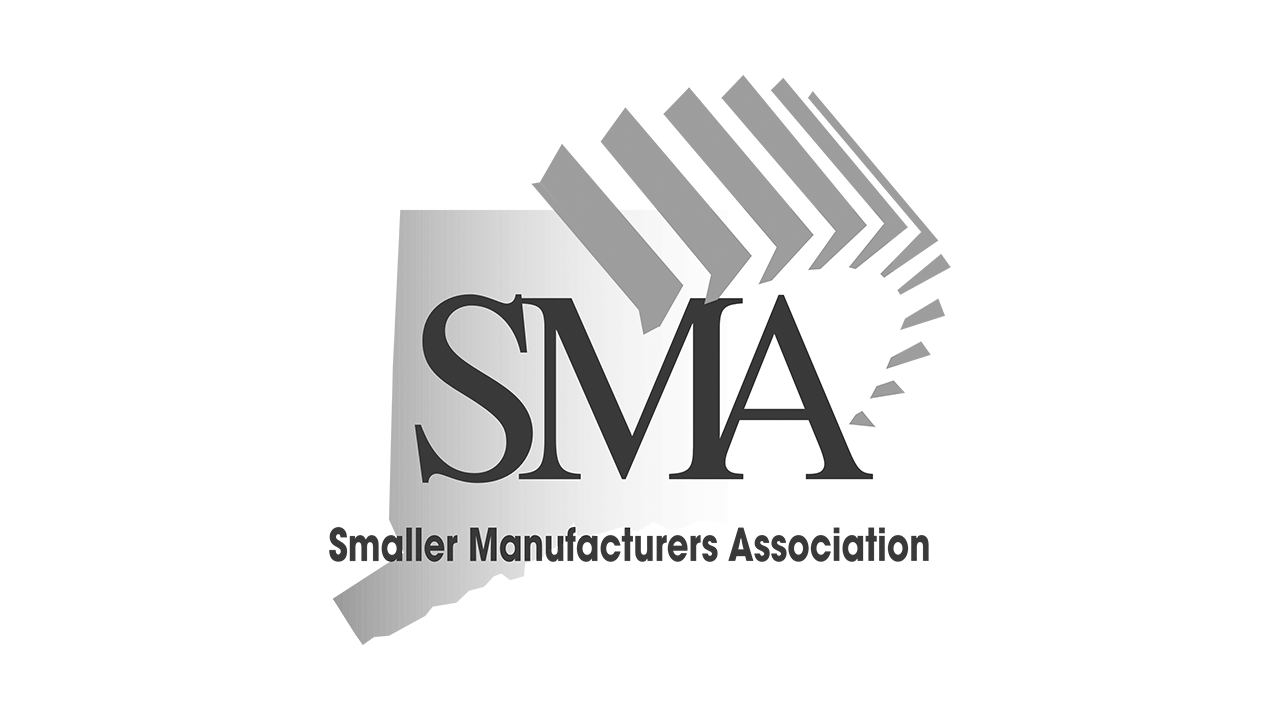
-
What are Modelcraft Co's business hours?
Our business hours are Monday to Friday, from 8:00 AM to 5:00 PM. We are closed on Saturday and Sunday.
-
What certifications does Modelcraft Co hold?
Modelcraft Co is AS9100D and ISO 9001:2015 certified, ensuring we meet the highest quality management standards.
-
What are the capabilities of Modelcraft's CNC Lathe?
Modelcraft's CNC Lathe can handle parts up to 14 inches in diameter and 26 inches long.
-
What is the maximum size for parts that can be precision milled at Modelcraft?
Modelcraft can precision mill parts up to a 20-inch cube.
-
What facilities and equipment does Modelcraft have in their toolroom?
Modelcraft's toolroom includes various equipment such as Moore Jig Grinder, Okamoto Surface grinders, Bridgeport Mills, Brown & Sharp ID OD Grinder, TRAK Mills, Hardinge Lathe, Clausing CNC Lathe, and Brown & Sharp Surface Grinder.
-
What is the size of Modelcraft's facility?
Modelcraft's facility is a 26,000 sq. ft. air-conditioned building.
-
How many years has Modelcraft Co been in business, and when were you established?
Modelcraft Co has been in business for nearly 60 years, having been established in 1965.
-
What payment options do you accept?
We accept check, ACH, and credit cards (with applicable fees).
-
What makes Modelcraft Co different from other precision machining companies?
We stand out due to our nearly 60 years of experience, highly trained and experienced team, and our AS9100D and ISO 9001:2015 certifications, ensuring top-quality standards.
-
What industries does Modelcraft Co serve?
We specialize in producing precision-machined parts for the medical, aerospace, and commercial industries.
-
What types of machining processes do you provide?
Our machining processes include milling, turning, grinding, wire EDM, and assembly.
-
Do you provide quality control and inspection services?
Yes, we perform full inspections of all parts, ensuring quality control and proper documentation.
-
How can I request a quote from Modelcraft Co?
You can request a quote by calling us at (860) 283-0257 or emailing us and our team will get back to you promptly.
-
What tolerances can you hold?
The simple answer is it depends. There are many variables that drive the ability to hold tolerance on a specific part. Here are a few general guidelines that you can use to determine if your project is a good fit.
- Manufacturing Process: Here are some rough guidelines for tolerances held depending on the method of manufacture.
- Milling: .001” can be held reliability depending on the size of the dimension and the material being cut. For tighter tolerances more creative toolpaths must be employed to ensure repeatability. Below this level (.0005” or less) every source of variability must be identified and characterized to ensure repeatability. Examples of this are the toolpath, cutting tools, holders, and machine calibration. All must be understood and to ensure consistent results.
- Turning: .0002” can be held reliability with the same factors above. In general a turned part can hold a tighter tolerance than a milled part but the application must be understood and the variability as well. An example of variability in turning is your starting stock and finished part. This can drive chuck pressure or clamping configurations to ensure features are not out of round.
- Grinding: .0001” can be held reliability regardless of grinding method (ID, OD, Surface, or Centerless) there are some parts in the company that have to held to .00005” using grinding. The downside is cost. Grinding is traditionally is a very expensive process and not easily replicated at scale.
- Materials: Materials can also have an influence on tolerance as some will hold better than others during the manufacturing process that must be considered. Plastic can be very sensitive to temperature and tolerance and must be considered when cutting.
- Volume: Holding tight tolerance at scale (1000+) can be very challenging depending on manufacturing method. This also needs to be considered by the customer. If you are required to go with grinding on a component it is traditionally a manual process that is time consuming to both perform and inspect. Higher volume will require extensive automation for both manufacturing and inspection.
As you can see by the above, there is no clear answer on tolerance until you have a very clear understanding of the customer requirements and the design intent. The team at Modelcraft is always willing to help with your manufacturing challenges to ensure your product performs to its highest potential.



